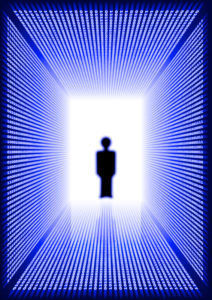#digitallife
The digital transformation of society is nothing new anymore. We are already in the midst of its development. It is not anymore the question IF we are entering the “digital age” as a (former) “information society”, but HOW.
 Observing modern life all around me makes me realize certain particularities and patterns, while at the same time the analysis of my own daily work-flow and social interactions leads me to occasionally pinpointing selected topics. These can be questions of media consumption as well as descriptions of SaaS (what is that?), socialmedia usage, StarTrek inventions-come-to-life or the latest developments in robotics and AI.
Observing modern life all around me makes me realize certain particularities and patterns, while at the same time the analysis of my own daily work-flow and social interactions leads me to occasionally pinpointing selected topics. These can be questions of media consumption as well as descriptions of SaaS (what is that?), socialmedia usage, StarTrek inventions-come-to-life or the latest developments in robotics and AI.
With digital devices and services integrating into our daily lives, how much is our very own privacy and data security affected? To what degree are we giving up control and sovereignty of our own information and lives due to convenience?
Yet, when navigating through the floods of information and the incredible variety of choices, we may find some truly useful products, services or even knowledge, which may not only serve us well – privately and professionally – but be even more in line with our true needs and values. Maybe much more so, than other “popular choices”, or targeted digital information, which are marketed more intensely toward us with the help of “intelligent” algorithms. Basically this is like choosing a wine according to our own taste out of the incredible amount of possibilities, if we would just take the time. (But then, how can the conscious careful choice compete with the addictive attraction of the scrolling screen?)
No, we will not forget how still today a large part of the world is excluded from much of our digital lifestyle (#DigitalDivide). This topic is but one of a number of most important ones for our global society and can be categorized as “Development Communications” within the framework of the SDG – Sustainable Development Goals.
So, #DigitalLife here on this blog will encompass a variety of subjects with selected short stories. Stay tuned…
(This article was published first in the summer of 2017 and has been revised lastly in February 2020)
